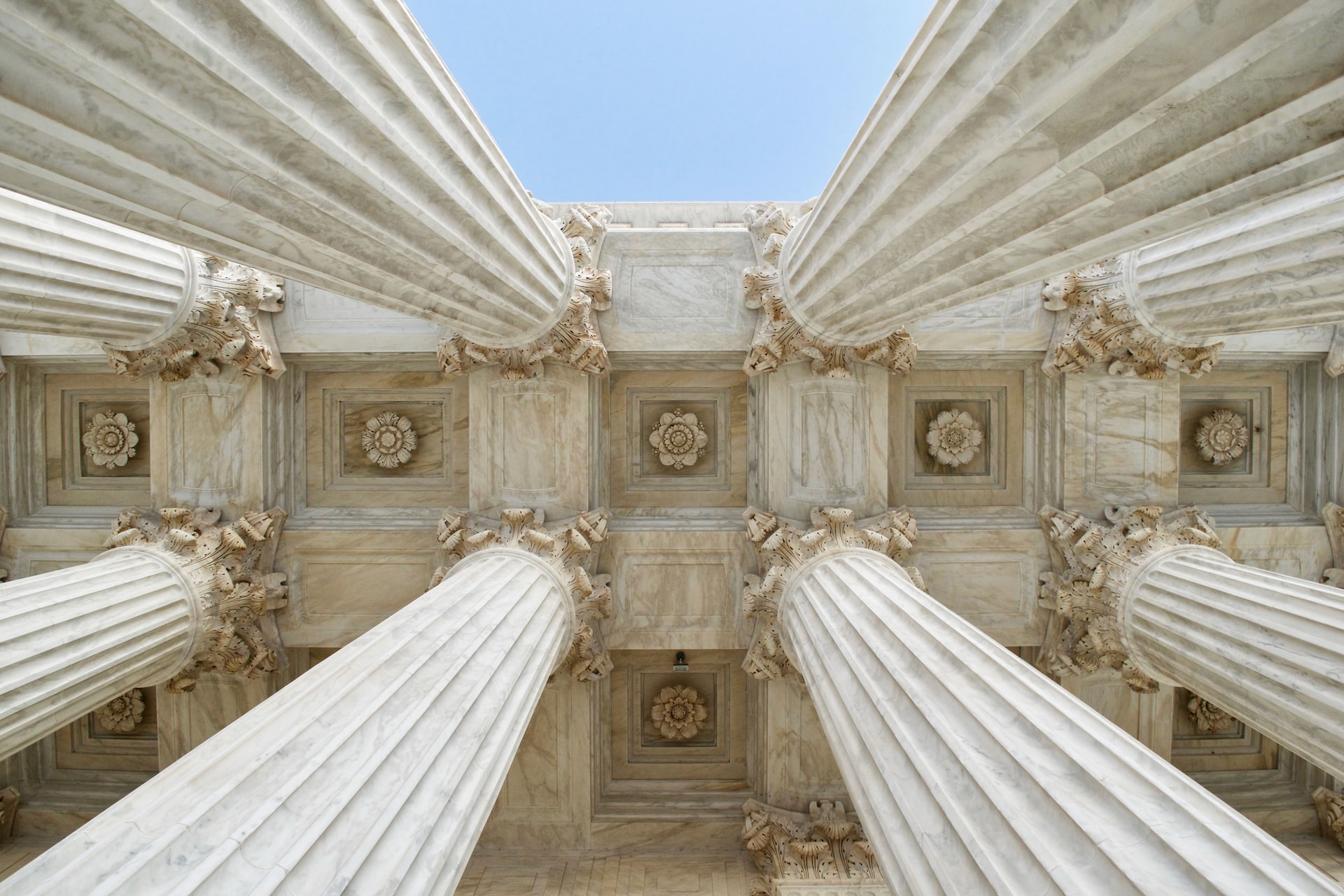In an era where communication knows no bounds, the freedom to express opinions and engage in public discourse is paramount to a thriving democracy.
However, with the rise of online platforms and digital connectivity, a new challenge has emerged – the threat of SLAPP lawsuits. SLAPP, an acronym for Strategic Lawsuit Against Public Participation, refers to legal actions that are not meant to genuinely seek legal recourse, but rather to silence or intimidate critics, activists, and those engaging in free speech. In this blog post, we'll delve into why SLAPP laws are crucial for upholding free speech rights and maintaining a healthy democratic environment.
The Dark Side of Free Expression
Free speech is a cornerstone of democratic societies, providing individuals the right to voice their opinions, criticize those in power, and contribute to public discussions without fear of retribution. However, this cherished freedom can be undermined by SLAPP lawsuits. These lawsuits are often frivolous in nature and are designed to financially exhaust individuals or groups that dare to criticize powerful entities or public figures.
The targets of SLAPP lawsuits might include journalists investigating corruption, activists advocating for social change, or community members opposing large-scale development projects. When faced with the prospect of costly legal battles and the potential for personal bankruptcy, individuals may be coerced into silence, creating a chilling effect on free expression.

The Role of SLAPP Laws
SLAPP laws are specifically designed to counteract these abusive legal actions that undermine free speech rights. These laws vary from jurisdiction to jurisdiction but generally share a common goal: to discourage the misuse of legal proceedings to stifle public discourse. Here's why SLAPP laws are so crucial:
Protection of First Amendment Rights: In the United States, the First Amendment guarantees the right to freedom of speech. SLAPP laws act as a safeguard against attempts to infringe upon this constitutional right by deterring malicious lawsuits meant to silence critics.
Preserving Democracy: A functioning democracy relies on the active participation of its citizens. When individuals are deterred from expressing their opinions due to fear of legal repercussions, the democratic process suffers.
Promoting Accountability: Public figures and powerful entities should be held accountable for their actions. SLAPP lawsuits can be used to deter journalists and activists from investigating and reporting on issues that deserve public scrutiny.
Economic and Emotional Protection: Legal battles are not only financially draining but also emotionally taxing. SLAPP laws help protect individuals from being harassed by lawsuits that have little to no legal merit.

States with SLAPP Laws
Here is a list of states that had some form of anti-SLAPP laws as of September 2021:
- California
- Texas
- New York
- Florida
- Illinois
- Nevada
- Washington
- Oregon
- Arizona
- Louisiana
- Minnesota
- Massachusetts
- Hawaii
- Oklahoma
- Rhode Island
Each state's anti-SLAPP law can vary in terms of its scope, procedures, and protections. Some laws are stronger than others, offering broader protection for individuals engaging in public participation. Additionally, some states have anti-SLAPP laws that are specific to certain types of cases, such as those involving environmental issues or public petitioning.
If you need the most up-to-date and accurate information about the current status of anti-SLAPP laws in each state, I recommend consulting legal databases, official state websites, or legal experts who specialize in First Amendment and free speech issues.
Balancing Act: Protecting Speech Without Enabling Defamation
While SLAPP laws are essential for safeguarding free speech, it's important to strike a balance between protecting speech and preventing genuine defamation or false statements. There are concerns that some individuals might abuse SLAPP protections to shield themselves from valid legal actions related to defamation. Striking this balance requires careful drafting of legislation and nuanced judicial interpretation.
In the digital age, where information flows freely and conversations happen across borders, preserving the right to free speech is paramount. SLAPP laws play a critical role in ensuring that this fundamental freedom is upheld by deterring those who would abuse the legal system to silence critics and activists. By protecting public participation and promoting accountability, SLAPP laws contribute to the strength and resilience of democratic societies. As we continue to navigate the complexities of modern communication, let us recognize the importance of these laws in maintaining an open and vibrant public discourse.

The Vital Role of SLAPP Laws in Safeguarding Free Speech